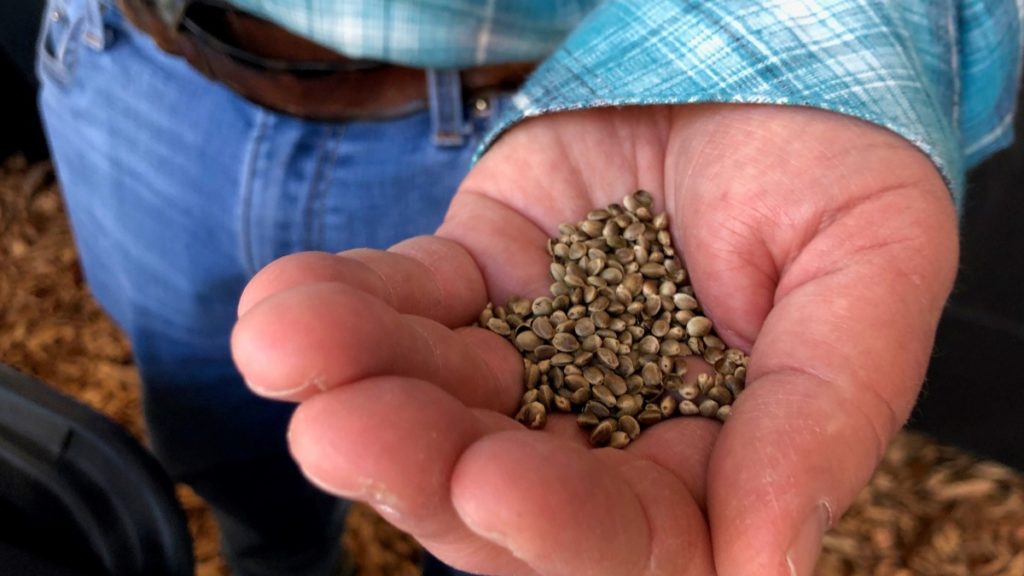
A team of University of Minnesota researchers have developed a genetics test that can predict whether a cannabis plant will produce mostly CBD or THC molecules.
The group, led by the lab of George Weiblen, a professor in the College of Biological Sciences and the Science Director & Curator of Plants at the Bell Museum, studied three different varieties of Cannabis sativa plants from industrial hemp growers, native or feral “ditch weed” and marijuana samples from the National Institute on Drug Abuse.
Researchers compared genetic markers with the ratio of THC versus CBD, verifying that genetics were a good predictor of the ratio.
Cannabis plants are designated as industrial hemp or marijuana based on the amount of THC they contain, but the researchers said that definition doesn’t match the biology and proposed using the ration of THC to CBD to separate plants that are THC-type versus CBD-type.
Further, the researchers found impurities in industrial hemp varieties imported from Canada, with some that proved to be pure, 100% CBD-type plants, while others had too much THC to meet the legal definition of industrial hemp. This results in skepticism over CBD products claiming to be made from 100% industrial hemp, according to Weiblen.
Understanding the genetics of CBD- and THC-dominant plants could help the U.S. Department of Agriculture and state agriculture departments in certifying varieties that would guide farmers’ decisions on which varieties to plant. It could also improve the consistency and quality of hemp plants.
“We hope this new test can assist in new seed certification for the hemp industry,” Weiblen said.
“For hemp to take off in Minnesota and elsewhere, there must be ways to assure growers they won’t have to destroy their crops at the end of the season.”
The full results of the study are published in the American Journal of Botany.


